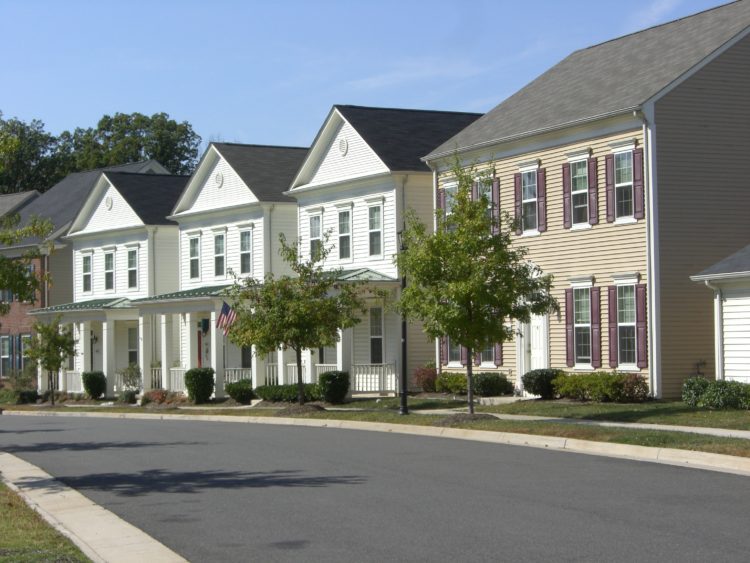By Gabriel Princewill-
The ministry of Housing, Communities and Local Government has published new guidance for landlords to further protect tenants from poor living conditions.
Following legislation introduced last month, the Ministry of Housing added stipulations have been imposed on landlords to take effect from from 1 October 2018. Any landlord who lets a property to 5 or more people from 2 or more separate households must be licensed by their local housing authority.
The private rented sector comprises 4.7 million households in England , estimated to be 20 % of all households in England. The British government is largely concerned about students and young professionals, many of whom rent HMO properties and can be vulnerable to the horrid and unacceptable conditions of unscrupulous rogue landlords. Secondary concerns also abound with respect to vulnerable people in society, including migrants, many of whom can be easily exploited by unchecked landlords.
Tenants who live in properties not built for multiple occupation run the greater risk of fire resulting from overcrowding than would be present in other suitable accommodations. The comprehensive regulation enforced by the government is expected to boost the quality of HMO properties across the UK and highly safeguard the interests of all prospective tenants. The stringent regulation by the British government will affect around 160,000 houses in multiple occupation (HMOs). The Ministry of Housing have however stressed the importance for the application of the regulatory mechanisms to be ”proportionate and targeted”.
” The idea is to be balanced and fair as we want to protect good landlords. We are going after those landlords who are not abiding by regulations”, the Ministry of Housing spokesperson clarified to The Eye Of Media.Com. Councils should not apply undue pressure to good landlords who may have made a mistake, but work with them to correct the error”. However, good landlords who persistently flout clear stipulations on specific rules will eventually be punished too.
EMPOWER
The new guidance will empower councils to take further action to crack down on the small minority of landlords renting out sub-standard and overcrowded homes.Additional new rules will also come into force placing minimum size requirements for bedrooms in HMOs to prevent overcrowding. Landlords who breach the government requirement will be liable to face legal action, a spokesperson from the Ministry of Housing told The Eye Of Media.Com. Landlords will also be required to comply with council refuse schemes, to reduce problems with rubbish.
”A database of rogue landlords can be put on a national database to alert other councils where rogue landlords may choose to re-establish themselves. This can be used as a toolkit(instrument of force) to further crackdown on rogue landlords who provide substandard accommodation to tenants”, the government’s spokesperson told the Eye Of Media.Com
The guidance document includes further details on extending mandatory licensing to smaller HMOs and introducing minimum bedroom sizes as government continues to rebalance the relationship between tenants and landlords.
Housing Minister Heather Wheeler MP said: ”Everyone deserves a decent and safe place to live.Today’s new guidance for landlords will further protect private renters against bad and overcrowded conditions and poor management practice”.
Selective licensing
The government today said it is also announcing a review to look at how selective licensing is used and find out how well it is working.
Several properties in England with fewer than three storeys have been used as HMO accommodation, notably two storey houses originally designed for families and flats. Some have been used by opportunist rogue landlords who exploit their vulnerable tenants, and rent sub-standard, overcrowded and potentially dangerous accommodation. The growth of HMOs has also had an impact on the local community, including where inadequate rubbish storage leads to pest infestation and health and safety problems.
In areas where selective licensing applies, Embodied in the review are mandatory requirements for landlords to apply for a licence if they want to rent out a property. This means the council can check whether they are a “fit or proper person” to be a landlord, as well as making other stipulations concerning management of the property and appropriate safety measures. The review will see independent commissioners gather evidence from local authorities and bodies representing landlords, tenants and housing professionals.
The review’s findings are scheduled to be published in spring 2019. There will be an update on progress in

